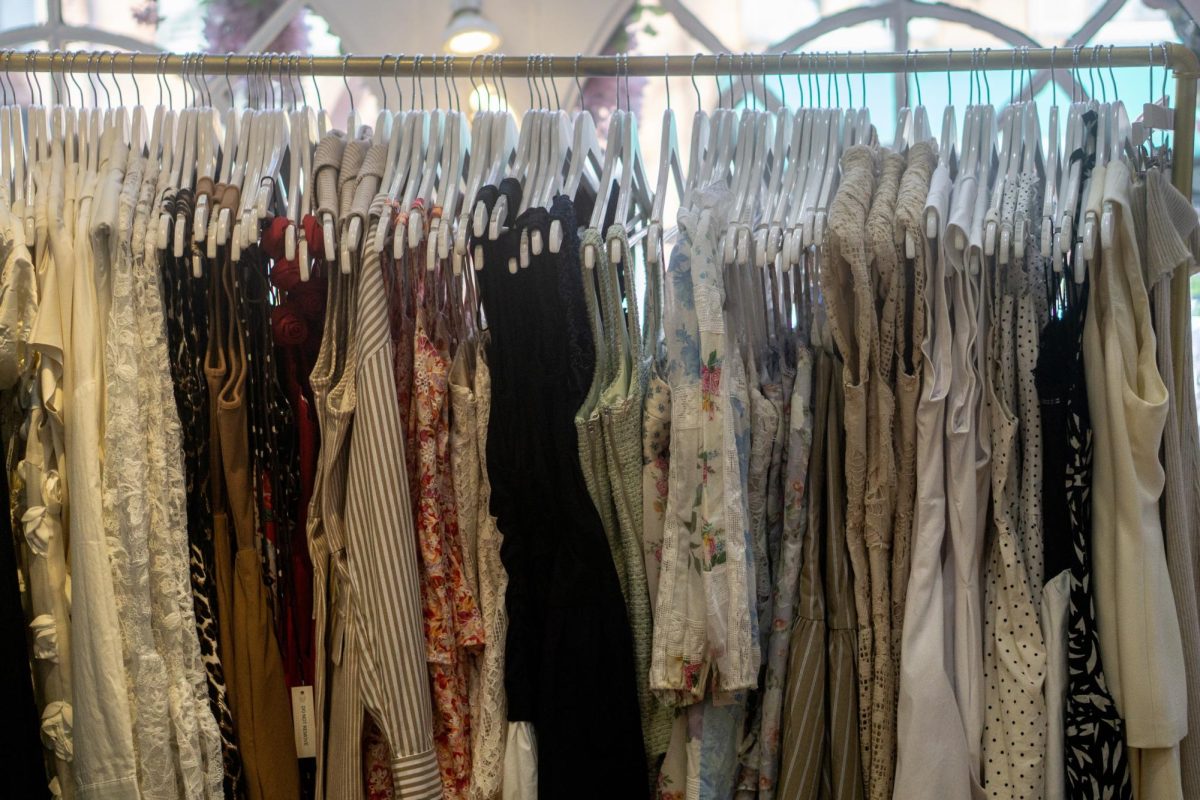By Vy Thai, A&E columnist
Dietitian Christy Brissette wrote in The Washington Post that people choose their eating habits not based on the food itself but rather on the social standards of what men and women should eat. While men are believed to be more masculine by eating calorie-laden, unhealthy food such as hamburgers and steaks, eating light and healthy food like salad and fruit is seen as a symbol of femininity.
These perceptions are rooted in human history, where the role of men has been to hunt and provide food while the role of women has been to stay home and cook for the whole group or family. Thus, women are believed to be weaker and consume less food than men, who need more calories to build muscle mass and strength.
The food marketing industry builds up these perceptions of men and women by marketing foods specific to gender roles. We can see ads that feature women searching through their empty fridge, only to find yogurt as their go-to snack, while other ads show men having fun outside grilling their steak and hot dogs.
When marketing health foods to men, as Brissette points out, these gender standards are used as a strategic factor to influence their food choices. This can be seen in many ads and magazines targeted at men that, in Brissette’s words, try to link vegetables and plant-based food to “autonomy, performance-based and appearance-based goals” to assure that men won’t be less masculine if they eat healthy food.
This contradictory problem of food gendering ultimately leads to the idea of gender policing—the belief and imposition of specific gender roles on an individual’s perceived gender.
Back in Vietnam where I was of legal drinking age, I was once the only girl at a friend’s gathering in a casual bar that sold only finger food as a complement to drinks. I later found out that was so, not only because the other girls prefer to meet at quieter spots, but more importantly, because they try to avoid “behaving like men.”
When I decided to become a vegetarian a few years ago and lost a few pounds, I found that people instead complimented my decision to shift to a plant-based diet as a weight-loss “success,” even if that wasn’t my reason.
It seems that by being a woman, I automatically inherit a relationship with anything culturally regarded as feminine, including avoiding drinking and being in shape. The idea that everyone is expected to live according to a set of social expectations is irrelevant not only in terms of our gender identities, but also our personal values.
Many efforts from mass culture and media have tried to emphasize what it means to be feminine, as seen in women-empowered marketing campaigns from sports to high-tech brands. But these efforts to implement women’s voices in every aspect of life can be seen as amplifying their insecurities rather than their triumphs.
In the end, there is a simple solution to all of this. As much as how the food choices we make are irrelevant to our gender roles, any discussion about gender equality should start by seeing everyone equally as humans first, without regard to sex or gender.
Keep the gender debate off the table and enjoy your veggies.















